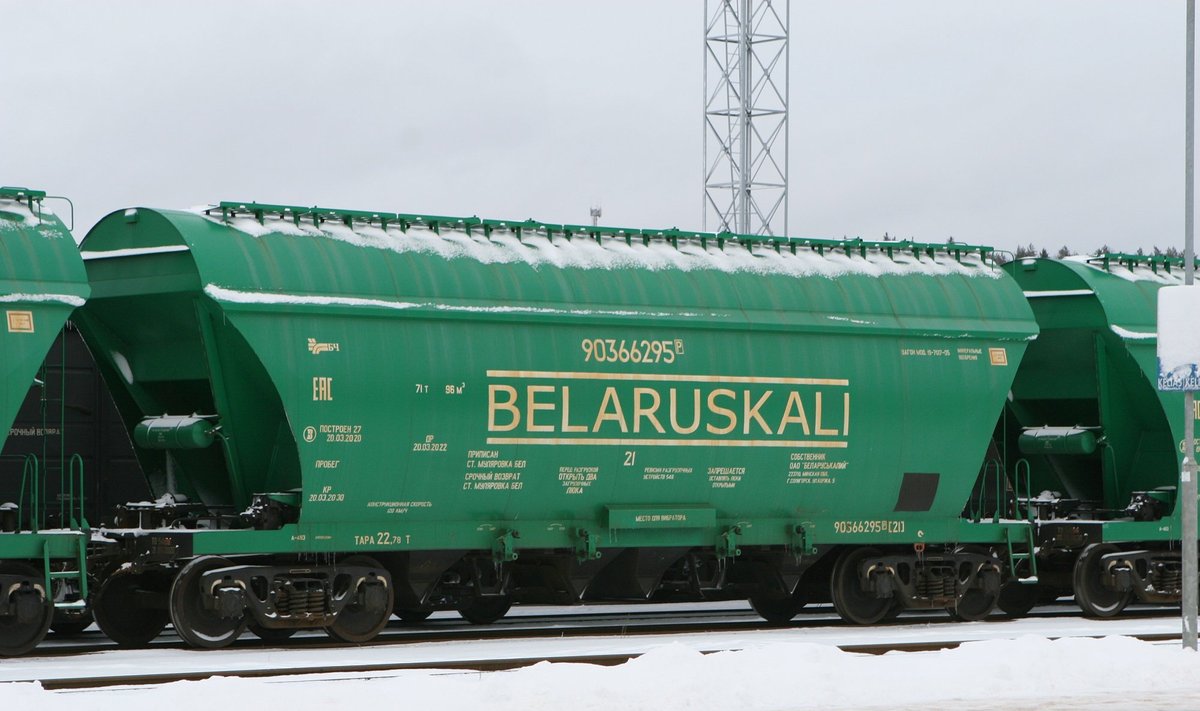"All the necessary permits have been obtained. I do not comment on the details of the transaction," Udovickij told BNS, asked when he planned to complete the deal or whether he had already completed it.
The deal has already been cleared not only by Lithuania's Competition Council (in September), but also by the Lithuanian government's Commission for Coordination of Protection of Objects of Importance to Ensuring National Security. The latter considered Udovickij's application to acquire a 30 percent stake in BKT as early as August, 2021.
"In accordance with the requirements of the Law on the Protection of Objects of Importance to Ensuring National Security, no obstacles to the transaction have been identified," the government press office told BNS.
BKT is yet to submit information on the change of shareholders to the Lithuanian Center of Registers. There are no new records on that in the Swiss and Latvian registers either.
As reported earlier, Udovickij directly owns 5 percent of BKT and also owns 65 percent indirectly through Swiss company Hasenberg. 100 percent of the latter belongs to Latvia's Fortis Asset Management owned by Udovickij.
When approached by BNS, Belaruskali also refused to say whether the transaction had been completed. The Belarusian company bought a 30 percent stake in BKT for 30 million US dollars in the spring of 2013.
BKT used to handle around 11 million tons of Belaruskali products in recent years and suspended its operations in February after the EU and the US imposed their sanctions and subsequently the Lithuanian government told Lietuvos Gelezinkeliai (Lithuanian Railways, LTG), the country's state-owned railway company, to severe its contract with Belaruskali as it was deemed a threat to the country's national security.
BKT's quays have been empty since February 10, and the company announced at the time it would sack all 142 employees by the end of May. According to data from the Lithuanian social insurance fund SoDra, however, the company now employs 40 people.
Udovickij earlier told BNS he expects to handle some 10 million tons of Ukrainian grain by the fall of 2023 after buying out Belaruskali's shares in BKT. In his words, BKT offered Ukraine to handle about 1 million tons of grain per month.
Now, Udovickij says Ukrainian grain could only be shipped through Lithuania if transit through Belarus is resumed.
"Large volumes of Ukrainian grain can only be transported to Lithuania following the resumption of transit through Belarus," the businessman told BNS.
He also confirmed that the BKT terminal is currently handling some types of cargo.
BKT claims that its terminal is the largest in the Baltic region and has the capacity to handle up to 16 million tons of bulk cargo per year. Last year, the terminal handled 11.5 million tons of bulk fertilizers, up 15 percent from 2020.
The terminal's revenue stood at 95 million euros last year, up 5 percent from 2020, and it made a profit of 16.1 million euros, up 1.2 percent. BKT also paid 4.7 million euros in dividends for 2021.
